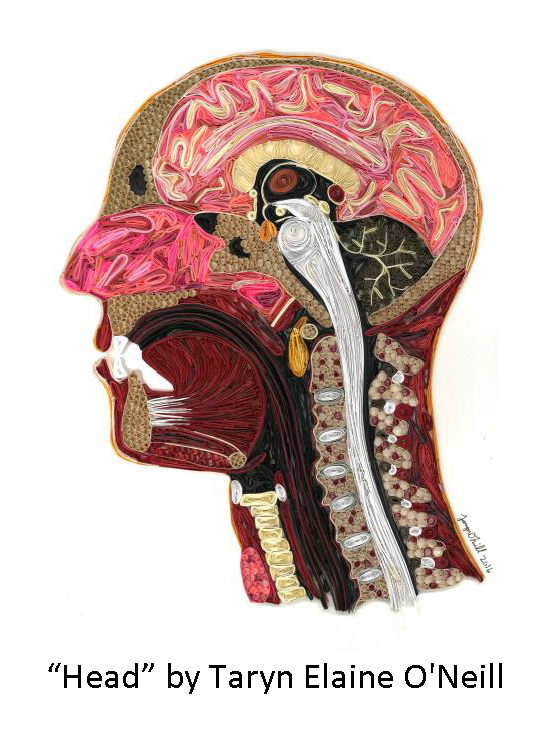Does watching a movie improve empathy? A cluster randomized controlled trial
DOI:
https://doi.org/10.36834/cmej.56979Abstract
Background: We studied if watching a movie about the patient physician encounter alone or in combination with a communication skills training workshop could improve empathy score of medical students. Methods: One hundred and thirty three medical students participated in one of the following four groups of the study. Group A: a three hour workshop (42 students); group B: watching the movie “The Doctor” (23 students); group C: watching the movie “The Doctor”, then, participating in a three hour workshop the next day (22 students); group D: control group with no intervention (46 students). Participants completed Jefferson Scale of Empathy (JSE), Student Version to assess empathy score before and after the intervention, and one month later. A linear mixed effect model analyzed the effect of intervention across groups considering the effects of other significant variables. Results: All of the three interventions had an immediate improving effect on empathy scores compared to control group. However, the improvement effect remained significant only in groups A (p=.015) and C (p=.001) one month later. Conclusions: Watching selected movies has a significant but transient effect on empathy of students. Combining two methods of watching the movie and communication skills workshop, seems to add the beneficial effects.
Downloads
Published
Issue
Section
License
Submission of an original manuscript to the Canadian Medical Education Journal will be taken to mean that it represents original work not previously published, that it is not being considered elsewhere for publication. If accepted for publication, it will be published online and it will not be published elsewhere in the same form, for commercial purposes, in any language, without the consent of the publisher.
Authors who publish in the Canadian Medical Education Journal agree to release their articles under the Creative Commons Attribution-Noncommercial-No Derivative Works 4.0 Canada Licence. This licence allows anyone to copy and distribute the article for non-commercial purposes provided that appropriate attribution is given. For details of the rights an author grants users of their work, please see the licence summary and the full licence.











